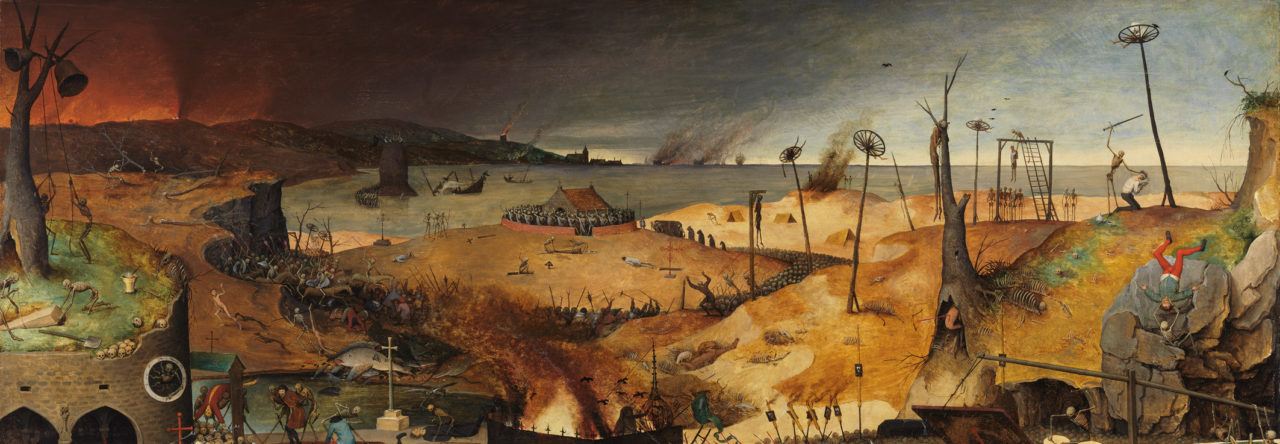So great was the cruelty of Heaven, and, perhaps, also that of man, that from March to July of the same year, between the fury of the pestiferous sickness and the fact that many of the sick were badly treated or abandoned in need because of the fear that the healthy had, more than one hundred thousand human beings are believed to have lost their lives for certain inside the walls of the city of Florence— whereas before the deadly plague, one would not even have estimated there were actually that many people dwelling in the city.
Boccaccio, The Decameron
Somewhere, everywhere, and nowhere, people gathered.
Retreating to their houses out of fear, wisdom, or coercion, those who were fortunate enough not to be struck too mortally by COVID-19 attached themselves to the antiseptic links of their broadband connections and watched the progression of the disease in real time.
They observed. They argued. They raged. They hoped. Debts long past due hung over societies. They were not adjudicated fairly, but they were adjudicated.
A few gathered to tell stories in homage to Boccaccio’s imaginary storytellers of 700 years ago, who lived in a worse time in a worse plague.
The goal was the same as then: to assert and memorialize the varied aspects of the human, with sympathy but also honesty.
To have compassion for those who suffer is a human quality which everyone should possess, especially those who have required comfort themselves in the past and have managed to find it in others.
Boccaccio, The Decameron
Translations are from Mark Musa and Peter Bondanella’s excellent 1982 translation of The Decameron (Signet).

























